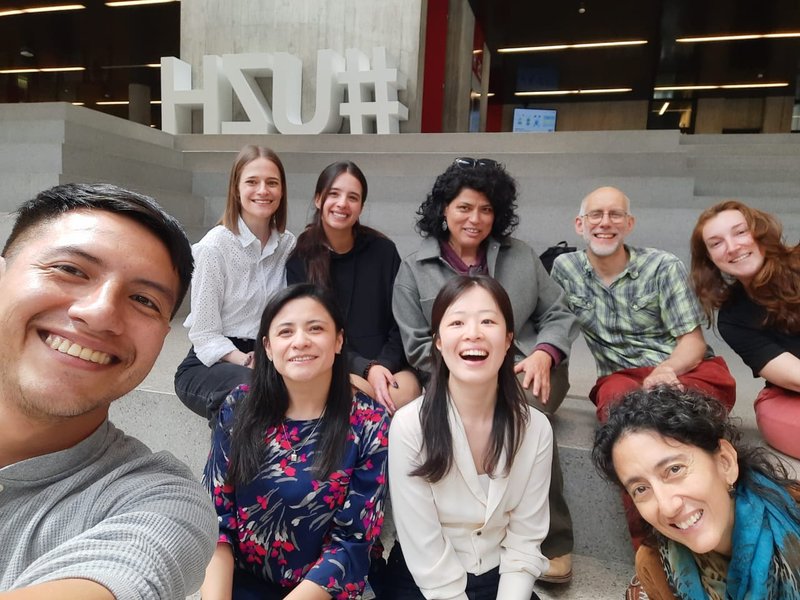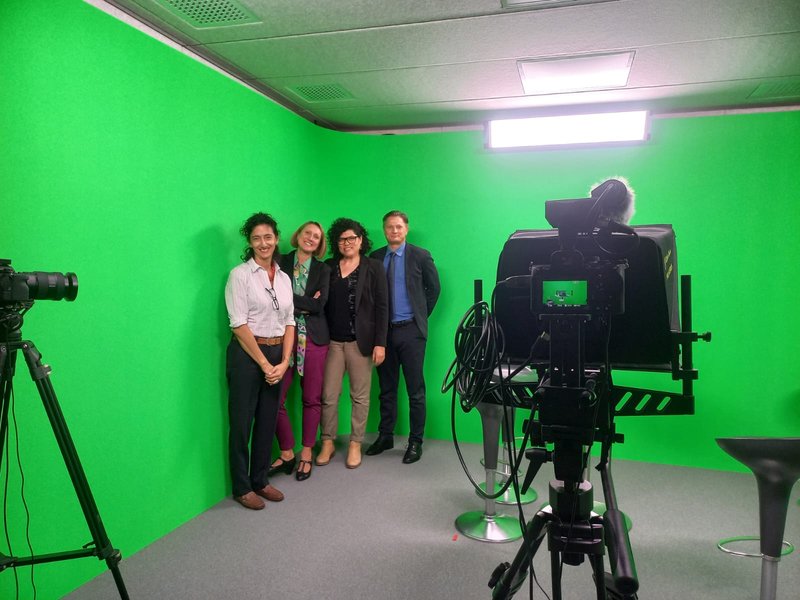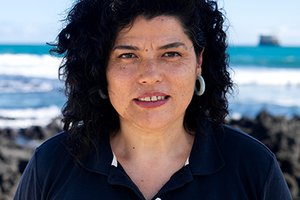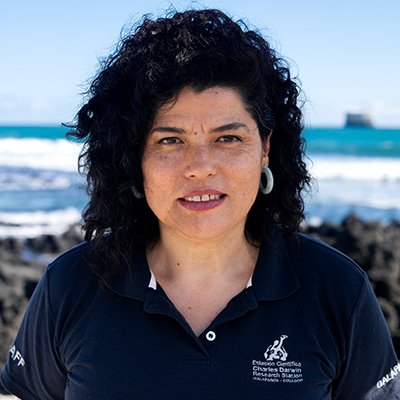The Charles Darwin Foundation strengthens academic collaborations in Lausanne and Zurich, Switzerland
Institutional collaboration is a fundamental pillar in the work of the Charles Darwin Foundation (CDF). Recently, a team of scientists visited Switzerland. The objective was to strengthen academic collaborations and evaluate the implementation of joint projects focused on the sustainability of tourism in the Galapagos Islands. Specifically, the visit included meetings in Lausanne and Zurich with various academic institutions to discuss and present advances in the project "Social, ecological and psychographic carrying capacity of tourism in urban areas in Santa Cruz, Galapagos" and to explore new research and collaboration opportunities in areas such as linguistic analysis of narratives and emotions of tourists and residents, as well as evolutionary genetics of birds. These series of events and meetings were attended by EHL Director of Research, Dr. Aurélie Boulos, and Director of Sustainability and Corporate Responsibility, Dr. Anne-Laure Rey, as well as EHL counterparts for this project Dr. Peter Varga, and Dr. Carlos Martin-Rios.
From the Ecuadorian counterpart, Dr. María José Barragán P., Director of Science, and myself, Dr. Andrea Muñoz Barriga, Principal Researcher in Sustainability Studies, participated in the activities developed, along with Ecuadorian students of the master’s degree in biology research at PUCE, Nastia Skorobogatov and Paul Guerrero, who are doing their degree work within the framework of this initiative. Both in the meetings and in the events that took place we had the participation of people interested in the sustainability of tourism in the Galapagos Islands.
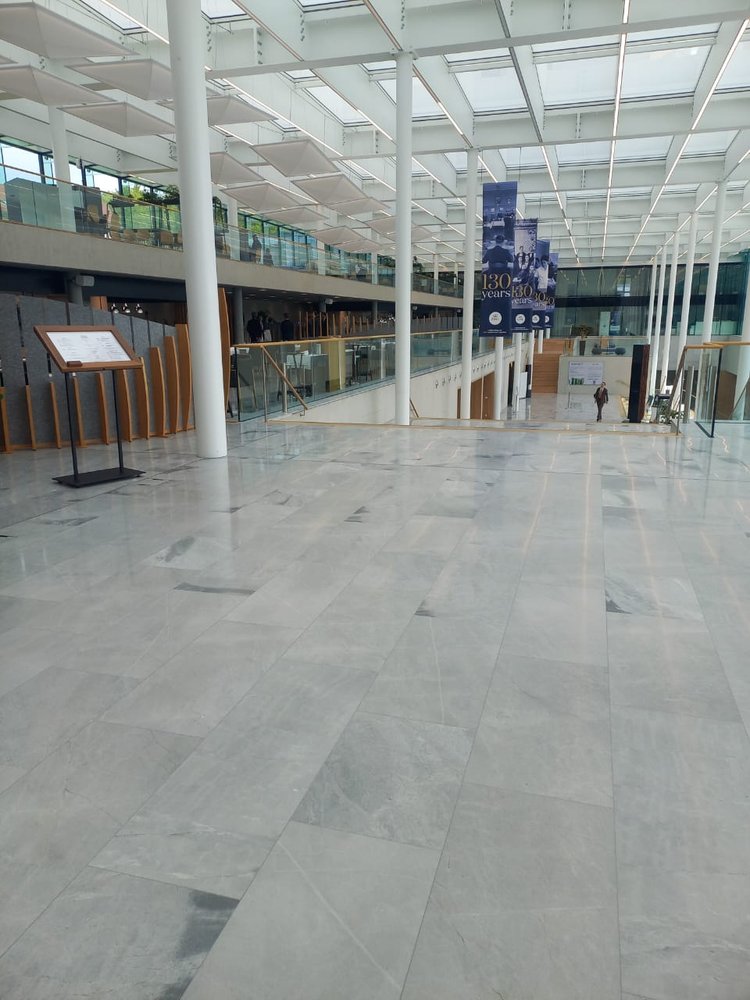
In addition, when we visited Zurich, we were at the Geo informatics area of the Department of Geography at the University of Zurich, where together with Prof. Dr. Ross Purves, Master Daniela Mariño Castro (PhD student) and the entire team we discussed the possibilities of collaboration on joint projects related to the linguistic analysis of narratives, discourses and emotions of tourists and residents facing the landscape in Galapagos, supported by the use of "machine learning" analysis tools. As a result of this interaction, it was decided that part of the data generated by the master’s students will be used in a first pilot project integrating this methodology, with a publication as a concrete result in the short term.
Finally, and as the last activity planned at the University of Zurich, Dr. María José Barragán P. met with Dr. Paquita Hoeck Maiorano, researcher in evolutionary genetics of birds at the University of Zurich and member of Friends of the Galapagos (FOGO-Switzerland). During this meeting, topics of mutual interest in pure and applied research were taken up again, and possible collaboration initiatives in the short and medium term were discussed.
The day in Switzerland was of great interest because of the many activities that the CDF carries out in Galapagos for both students and faculty members of the academic institutions visited and the opportunities for collaboration that were identified.
These collaborative activities identified during the trip promise to further strengthen conservation and sustainability efforts in the Galapagos Islands.
